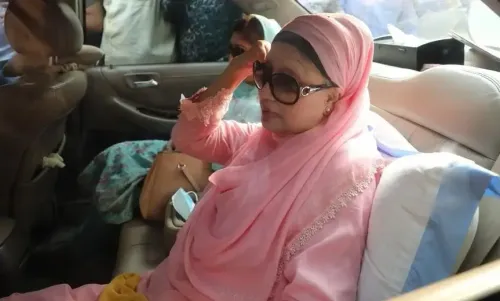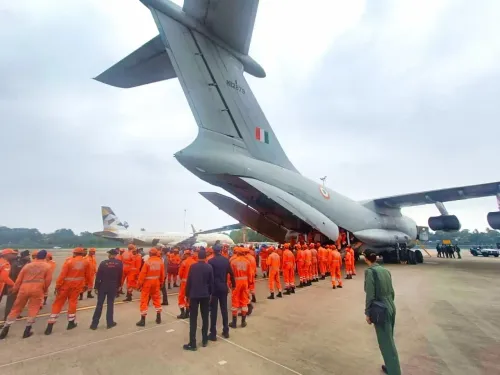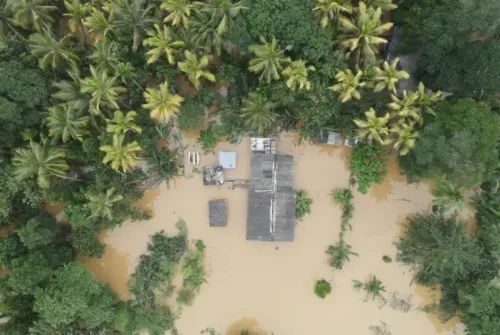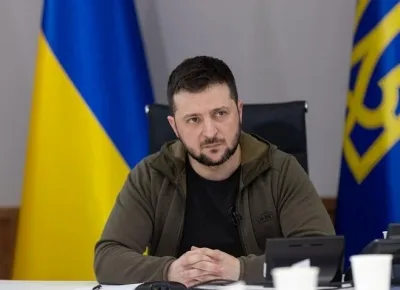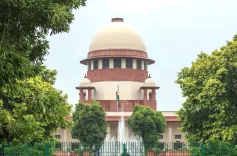Syria's Interim Foreign Minister Advocates for Investment as UN Envoy Addresses Key Challenges
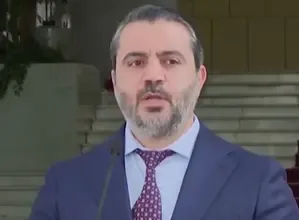
Synopsis
Key Takeaways
- Syria offers significant investment opportunities.
- Reconstruction of key infrastructure is a priority.
- Sanctions are viewed as a major barrier for economic recovery.
- International partnerships are essential for revitalization.
- A unified Syria is critical for attracting foreign investors.
Damascus, Jan 23 (NationPress) Syria's interim Foreign Minister Asaad Hassan al-Shibani informed attendees at the World Economic Forum in Davos that his nation presents remarkable investment opportunities despite the aftermath of more than ten years of conflict. Meanwhile, a UN envoy located in Damascus emphasized the necessity for sanctions relief.
During a public dialogue with former British Prime Minister Tony Blair, al-Shibani highlighted that Syria's key focus areas involve reconstructing essential infrastructure, including telecommunications, roads, ports, education, healthcare, and energy, as reported by Xinhua news agency citing Syria's state news agency SANA.
“We do not wish to depend solely on humanitarian assistance. Our goal is to rebuild Syria with our own capabilities,” al-Shibani stated, mentioning collaborations with Gulf nations to enhance the electrical grid. He also pointed out the possible involvement of Syrian expatriates.
Al-Shibani called upon the international community to remove sanctions, labeling them as “the primary hindrance” for everyday Syrians. He noted that Syria possesses a “varied economy” and holds “strategically significant geography,” expressing a strong desire for foreign investment “on equitable and transparent conditions.”
In a separate session in Damascus, UN Special Envoy Geir Pedersen underscored the pressing need to tackle Syria's economic crisis and supported sanctions relief as part of a wider stabilization agenda.
Pedersen identified seven critical issues confronting Syria: consolidating armed factions, addressing challenges in the northeast, ensuring citizen safety, progressing in political transition, implementing transitional justice, fostering economic recovery and reconstruction, and addressing Israel's role in the Golan Heights.
He reiterated that any viable political resolution must be “Syrian-led and Syrian-owned,” urging for a comprehensive transition, which includes a new constitution and fair elections.
Al-Shibani conveyed at the Davos forum that Syria is “prepared to welcome global investors,” referencing developmental models such as Singapore and Saudi Arabia's Vision 2030.
While recognizing the challenges posed by sanctions, the necessity of international collaborations, and ongoing security concerns—especially in the northeast—al-Shibani asserted that “Syria will not be fragmented” and that a unified and stable state is crucial for attracting investment and fulfilling citizens' needs.


